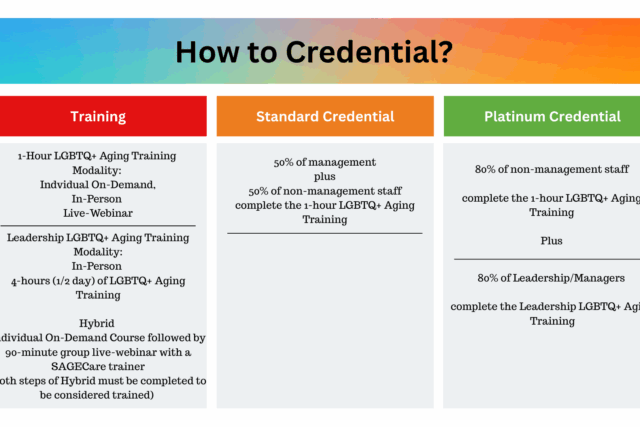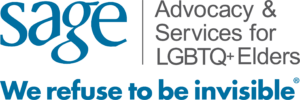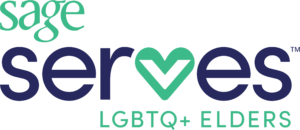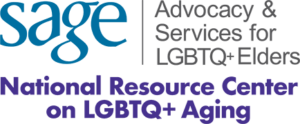Visit Our Contact Us Page — We look forward to Connecting!
Get in Touch to Elevate Person-Centered Care Today
Contact us to learn how SAGECare can support your organization with LGBTQ+ training, consulting, and compliance solutions tailored for healthcare and aging services.
Schedule a Discovery Chat
Let’s see how SAGECare can support your team with inclusive, expert-led services:
- LGBTQ+ Aging Training, including State-Required Courses
- Customized Consulting
- Engaging Expert Speakers
- And More, Tailored to Your Needs
Frequently Asked Questions
When you provide person-centered care, you help everyone live authentically. That’s not just good for your clients, residents, and consumers—it’s great for business. Think about this:
- The LGBTQ+ community represents $1.4 trillion in U.S. purchasing power
Link for Reference: HRC | Human Rights Campaign
- 85% actively support companies that maintain their commitment to the LGBTQ+ community.
Link for Reference: Home – National LGBT Media Association
- Nearly 30% of Gen Z adults identify as LGBTQ+
Link for reference: LGBTQ+ Identification in U.S. Now at 7.6%
SAGECare training is vital because true person-centered care recognizes that everyone has unique needs. LGBTQ+ older adults have distinct experiences that affect how they interact with providers. When your staff understands these differences, they can deliver more compassionate, personalized care to LGBTQ+ people and all diverse community members.
Yes. SAGECare trainings qualify for the HRC Foundation’s Healthcare Equality Index (HEI) LGBTQ+ education requirement, and Long-Term Care Equality Index (LEI) standards for person-centered care LGBTQ+ care.
SAGE is the nation’s oldest and largest nonprofit improving the lives of LGBTQ+ older adults. Founded in 1978, SAGE offers services, resources, and advocates for policy change.
SAGECare, SAGE’s social enterprise training and consulting division, provides LGBTQ+ education for healthcare and aging services.
A SAGECare credential demonstrates that a healthcare or senior service provider has completed specialized training on LGBTQ+ aging, delivered by SAGECare leadership or Certified Trainers using approved curricula. Credentialed organizations are recognized on the SAGECare Provider Directory and are licensed to display the SAGECare credential seal across their communications, marketing, and digital platforms in accordance with the SAGECare Licensing Agreement.
To earn a credential, an organization must work with SAGECare staff to complete the following on an annual basis:

Employees:
All part-time or full-time staff directly employed by the credentialed agency, excluding those defined as Executives/Administrators.
Executives/Administrators:
Senior leadership and directors, including roles such as CEO, COO, CFO, Compliance Officer, Administrator, Executive Director, Medical Director, and Directors of Social Services, HR, Nursing, Activities, Admissions, Training, Facilities, Health/Wellness, Marketing, Development, or Community Engagement.
SAGECare Credential is valid for 1-year. To continue credentialing each year:
For Employees: one-hour of training is required each year. There are several different specialized topics to choose from, that are updated yearly.
For Executives/Administrators: They will complete the 1-hour staff training and attend a 1-hour live webinar refresher on Best Practices (management that has not completed the individual on-demand portion must complete it before attending).
SAGECare Platinum Agency Sample Recredentialing Schedule
Year 1
- 80% of all employees complete 1 hour of training.
- 80% of all executives/administrators’ complete leadership/management training.
Years 2 and 3
- 80% of all management and employees complete 1 hour of training.
- Plus, Leadership/Management participate in a 1-hour live webinar “Best Practices Refresher”
Consult our Provider Directory.

Empower Your Team to Deliver Affirming, Person-Centered Care Today
Get started with SAGECare today and take the first step toward providing affirmative, LGBTQ+ person-centered care.





